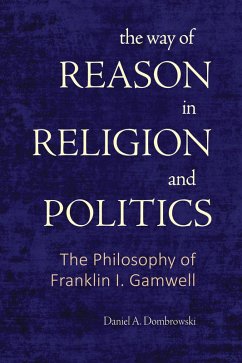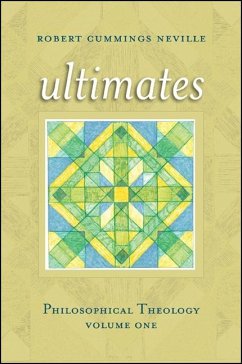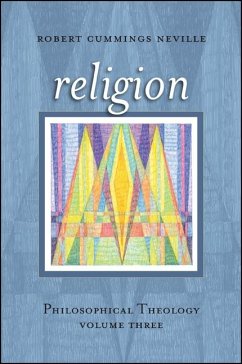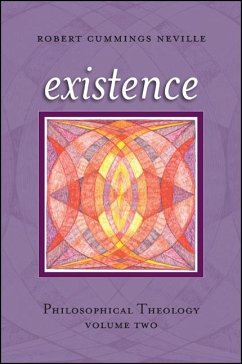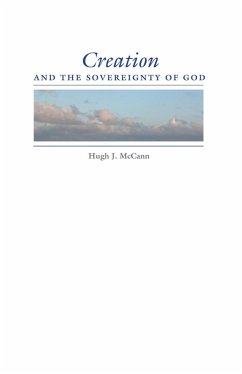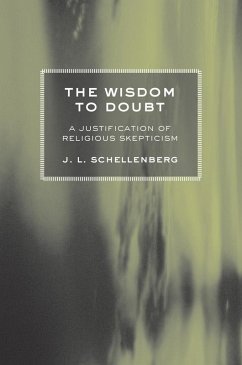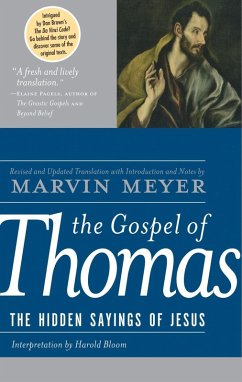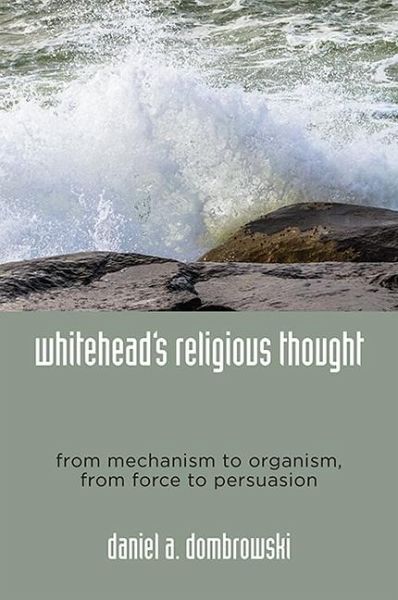
Whitehead's Religious Thought (eBook, ePUB)
From Mechanism to Organism, From Force to Persuasion

PAYBACK Punkte
13 °P sammeln!
Presents the process theistic thought of Whitehead as a third alternative between classical theism and religious skepticism.This original interpretation of the religious thought of Alfred North Whitehead highlights Whitehead's moves from mechanism to organism, and from force to persuasion to offer a third alternative between classical theism and religious skepticism. Daniel A. Dombrowski argues that the move from force to persuasion, in particular, is not only fundamental to Whitehead's own thought and to process thought in general, but is a necessary condition for the continuing existence of ...
Presents the process theistic thought of Whitehead as a third alternative between classical theism and religious skepticism.
This original interpretation of the religious thought of Alfred North Whitehead highlights Whitehead's moves from mechanism to organism, and from force to persuasion to offer a third alternative between classical theism and religious skepticism. Daniel A. Dombrowski argues that the move from force to persuasion, in particular, is not only fundamental to Whitehead's own thought and to process thought in general, but is a necessary condition for the continuing existence of civilized life. Following this line of analysis, Dombrowski demonstrates Whitehead's relevance to contemporary work in philosophy of mind, political philosophy, and environmental ethics by placing him in dialogue with six major thinkers: David Ray Griffin, Isabelle Stengers, John Rawls, Charles Hartshorne, Judith Butler, and William Wordsworth.
This original interpretation of the religious thought of Alfred North Whitehead highlights Whitehead's moves from mechanism to organism, and from force to persuasion to offer a third alternative between classical theism and religious skepticism. Daniel A. Dombrowski argues that the move from force to persuasion, in particular, is not only fundamental to Whitehead's own thought and to process thought in general, but is a necessary condition for the continuing existence of civilized life. Following this line of analysis, Dombrowski demonstrates Whitehead's relevance to contemporary work in philosophy of mind, political philosophy, and environmental ethics by placing him in dialogue with six major thinkers: David Ray Griffin, Isabelle Stengers, John Rawls, Charles Hartshorne, Judith Butler, and William Wordsworth.
Dieser Download kann aus rechtlichen Gründen nur mit Rechnungsadresse in A, D ausgeliefert werden.




